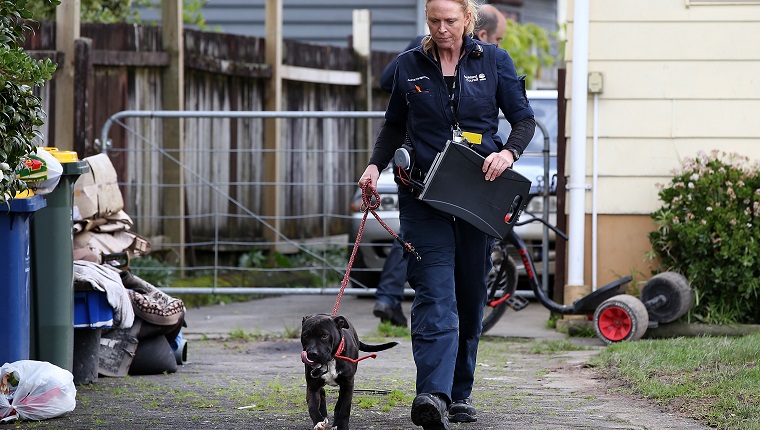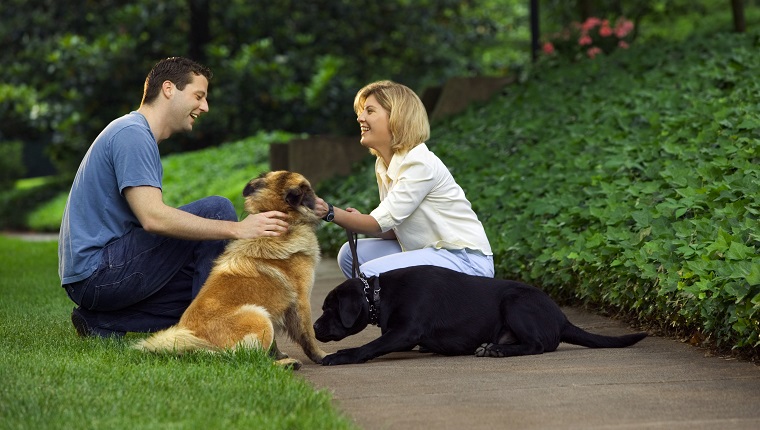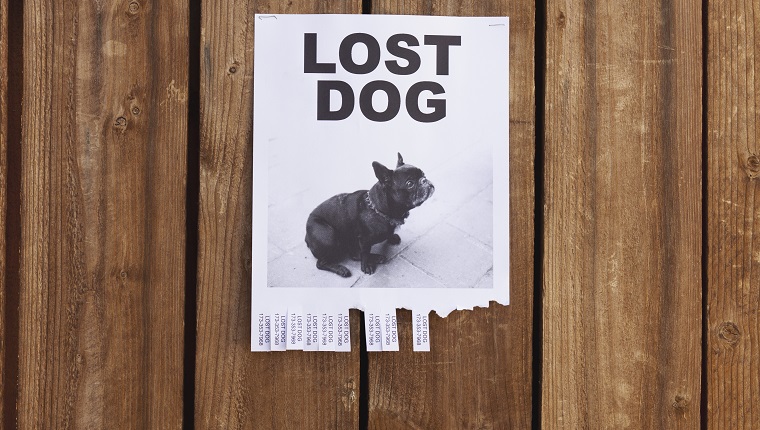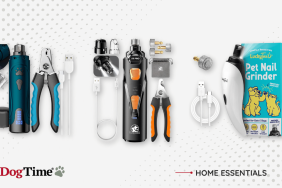There are plenty of scams out there designed to take your money. Some of them even involve dogs, and they’re especially common when people try to buy dogs online. Other scams, however, can end up with you losing your dog.
If you’re like me, you’d much rather be parted with your paycheck than your precious pup.
Here are seven scams that you need to know about and protect yourself against so your dog isn’t taken away.
1. Dog Leasing
If you’re going to buy your dog from a pet store or less-than-reputable seller, make sure you read the fine print. Sometimes, people who think they’ve bought a dog outright have instead signed a contract to lease their dog without realizing it.
Even people who know what they’re getting into with leasing a dog often don’t foresee future circumstances that might cause them to miss a payment.
With these leases, you sign a contract, make an initial payment, then continue to make payments until you’ve paid the full “value” of the dog, much like when you lease a car. If you miss a payment, not only will your credit score take a hit, but your dog who’s become a part of your family can be taken away.
Don’t sign these contracts. Instead, adopt from a shelter or a trusted, well-reviewed rescue organization. The adoption fees are much lower, they usually include vaccination and spaying or neutering, and the dog is yours forever.
It’s one of the many reasons we say, “Adopt. Don’t shop.”
2. Fake Animal Control Officers

If you answer the door to find an animal control officer saying your dog is causing a noise disturbance, it can be pretty unsettling.
They may present you with a badge and identification, and they may seem totally legitimate, but then they say they’re going to take your dog away if you don’t pay an exorbitant fine on the spot. If you don’t fork over the cash, you may feel powerless to stop them from snagging your pup.
Don’t fall for this scam. Don’t hand over your money, and especially don’t hand over your dog.
No real animal control officer will collect fines on the spot. Badges and IDs can be forged fairly easily.
If there is any doubt in your mind, call the police or animal control, and they can verify if the person at your home works for them.
3. Dog Flippers
You’ve probably seen people post ads for dogs for sale online for high prices, and there’s a chance that those dogs come from “flipping” scams. That’s where scammers steal dogs from people, then sell them for cash. Purebred dogs and pups who aren’t spayed or neutered are more likely to be stolen, as they can fetch a higher dollar amount.
This can put your dog at risk for being stolen, but it can also mean your dog may be taken away if you buy from one of these scammers. If the original owner can prove that you’ve got their dog, they may be able to take it back from you.
You can take steps to protect your dog from being stolen by having a high fence that doesn’t let people see your dog from the outside, always keeping an eye on your dog when you let them out, microchipping your dog, and taking basic security measures for your home.
You can avoid buying a stolen dog by only trusting reputable shelters and rescue groups. Again, adopt. Don’t shop.
4. Fake Charity Workers

This is a scam that has been spotted in some places, though it is often falsely reported. Still it’s important to be careful. Sometimes scammers pose as representatives from a local animal shelter seeking cash donations door-to-door.
They may ask several questions about your dog, like whether they are microchipped, a purebred, or spayed/neutered. In the end, they may just ask for a donation and be on their way after tricking you out of money, or they may be asking questions to obtain information and see if your dog is worth stealing later on.
If you suspect someone at your door is not who they say they are, call their organization. Look up their group online and get contact info. Don’t trust what they are telling you. If they start asking a lot of questions about your dog, be suspicious.
It doesn’t hurt to be overly cautious. If they’re who they say they are, they should be happy to prove it by allowing you to verify their information.
5. Sell Back Thieves
Some dognappers take pets assuming that their owner is going to offer a reward, then return the stolen animals after getting the cash. This happens too often.
If you’ve been posting fliers around town or images of your lost dog online offering a reward, and you get contacted by someone asking for a lot of money to return your pup, chances are it’s either a scammer who doesn’t have your dog at all, or it’s the thief who took your dog in the first place.
To avoid this situation, take steps to keep your dog safe and secure on your property, microchip your dog, and make sure you’re always vigilant.
If your dog is taken, and someone who claims to have found them is giving you a hard time about getting your dog back, involve the police. They’ll help you recover your dog and make sure you aren’t being taken advantage of.
6. The Too-Many-Questions Scam

As dog lovers, we’re all too happy to talk to people about our pups as much as possible. So when someone asks us about our dogs, we’re open books. The problem is that this leaves us more open to dognappers.
Sometimes a thief will start asking questions about your dog and seem friendly enough, but their intentions are not pure. They may be distracting you while a partner uses the “cut and run” technique where they cut your leash and run off with your dog, or they may be gathering information to find out if your dog is worth stealing.
If someone starts asking you questions about where you live, how often you walk your dog here, if your dog is spayed or neutered, what their breed is, or any personal information, be suspicious and alert. Don’t let them distract you from your pup.
We want to trust strangers who show interest in our dogs, but the wrong kind of interest is a bad thing.
7. Social Media Stalkers
As with the previous scam, this one relies on dog owners’ willingness to be open and tell everyone about their beloved dogs.
What you post on social media, and especially what you make public, such as pictures of your dog, your check-in locations, your fitness apps that track your walks, and anything else you post can be used to determine if your dog is worth stealing and where your usual hangout spots are. Dognappers can use this info to steal your dog.
You can avoid this by being very careful about what you post online. No one really needs to know that you checked into your vets office, nor do they need to see the exact path you took on your walk.
And if you must post about your wonderful fur baby, consider making the post private. Or at least remove any personal information that strangers can use to track you down.
What other scams should dog owners be on the lookout for? Let us know in the comments below!









